Humans
Sign up for our newsletter
We summarize the week's scientific breakthroughs every Thursday.
-
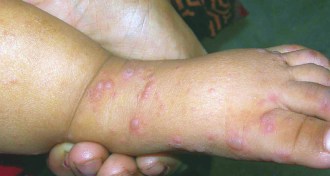 Health & Medicine
Health & MedicineExperimental vaccines protect children from hand, foot and mouth disease
Shots prevented cases resulting from enterovirus 71.
By Nathan Seppa -
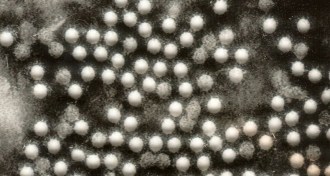 Health & Medicine
Health & MedicineFive California children have polio-like symptoms
At least five, and possibly as many as 25, children in California have experienced poliolike symptoms, including paralysis of limbs and breathing problems, since 2012. Scientists are not yet sure what is causing the emerging disease.
-
 Health & Medicine
Health & MedicineRabbit heart gets full electrode jacket
A silicon jacket makes it possible for scientists to place sensors on specific areas of the heart without glue or stitches and could one day be used for diagnosing and treating human heart diseases.
-
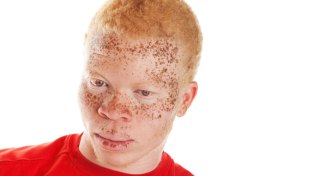 Anthropology
AnthropologyCancer proposed as spur for evolution of dark-skinned ancestors
Fatal ailments might have sparked DNA changes that yielded dark skin in human ancestors.
By Bruce Bower -
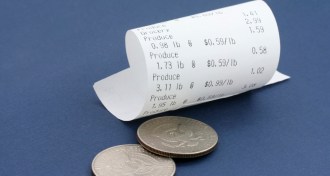 Environment
EnvironmentHandling receipts increases exposure to BPA
People who handle cash register receipts printed on thermal paper show notable exposure to bisphenol A.
-
 Health & Medicine
Health & MedicineBeating addiction: impossible or surprisingly common?
Addiction may be a dysfunctional if temporary coping strategy, clouds may not reduce global warming and other stories from the March 22 issue.
By Eva Emerson -
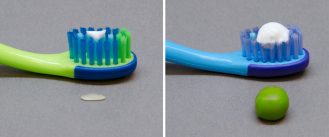 Health & Medicine
Health & MedicineBrush kids’ teeth with just a little fluoride toothpaste
The American Dental Association has released new brushing guidelines for infants.
-
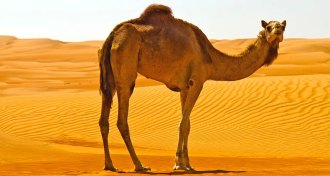 Health & Medicine
Health & MedicineCamels in Saudi Arabia teeming with MERS virus
Three-quarters of animals tested had signs of the MERS virus, which can be deadly in people.
By Beth Mole -
 Health & Medicine
Health & MedicineAcetaminophen use in pregnancy linked to kids’ slightly higher risk of ADHD
A large analysis shows an association between acetaminophen use in pregnancy and slightly higher risks of ADHD, but it does not prove the pain reliever causes the disorder.
By Nathan Seppa -
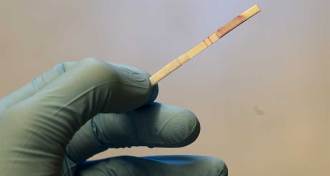 Health & Medicine
Health & MedicineUrine test detects not pregnancy but cancer
A paper strip uses nanoparticles to pick up evidence of tumors or blood clots in mice.
By Meghan Rosen -
 Psychology
PsychologyBeatles reaction puzzles even psychologists
From the February 29, 1964, issue: Psychologists are as puzzled as parents over the explosive effect the Beatles are having on American teen-agers.
-
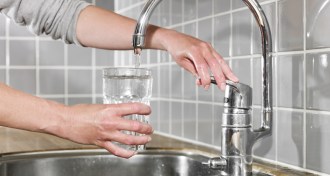 Environment
EnvironmentLegionnaires’ disease bacteria lurk in tap water
Found in nearly half of faucets, contamination could explain sporadic cases of disease.
By Beth Mole